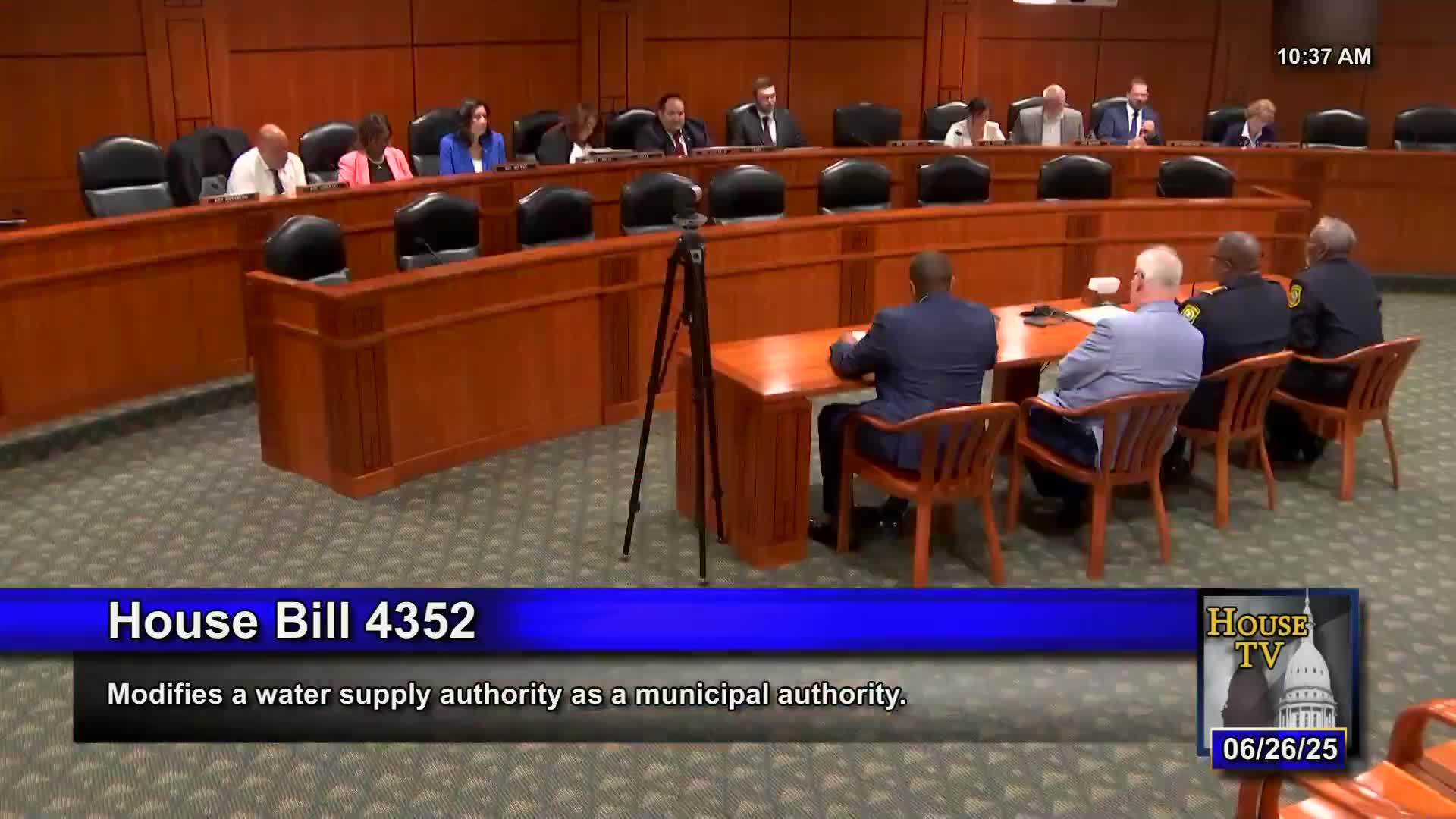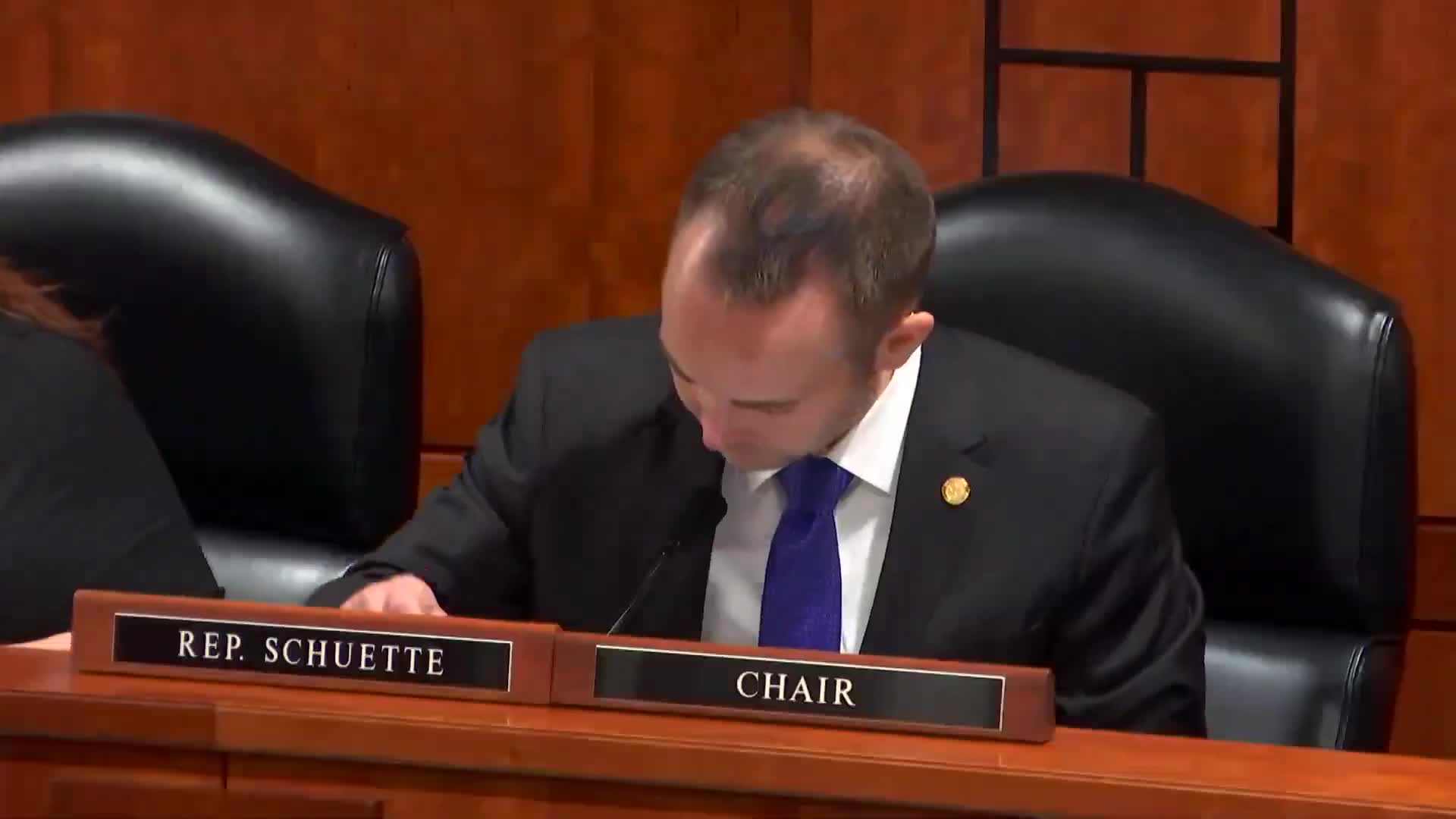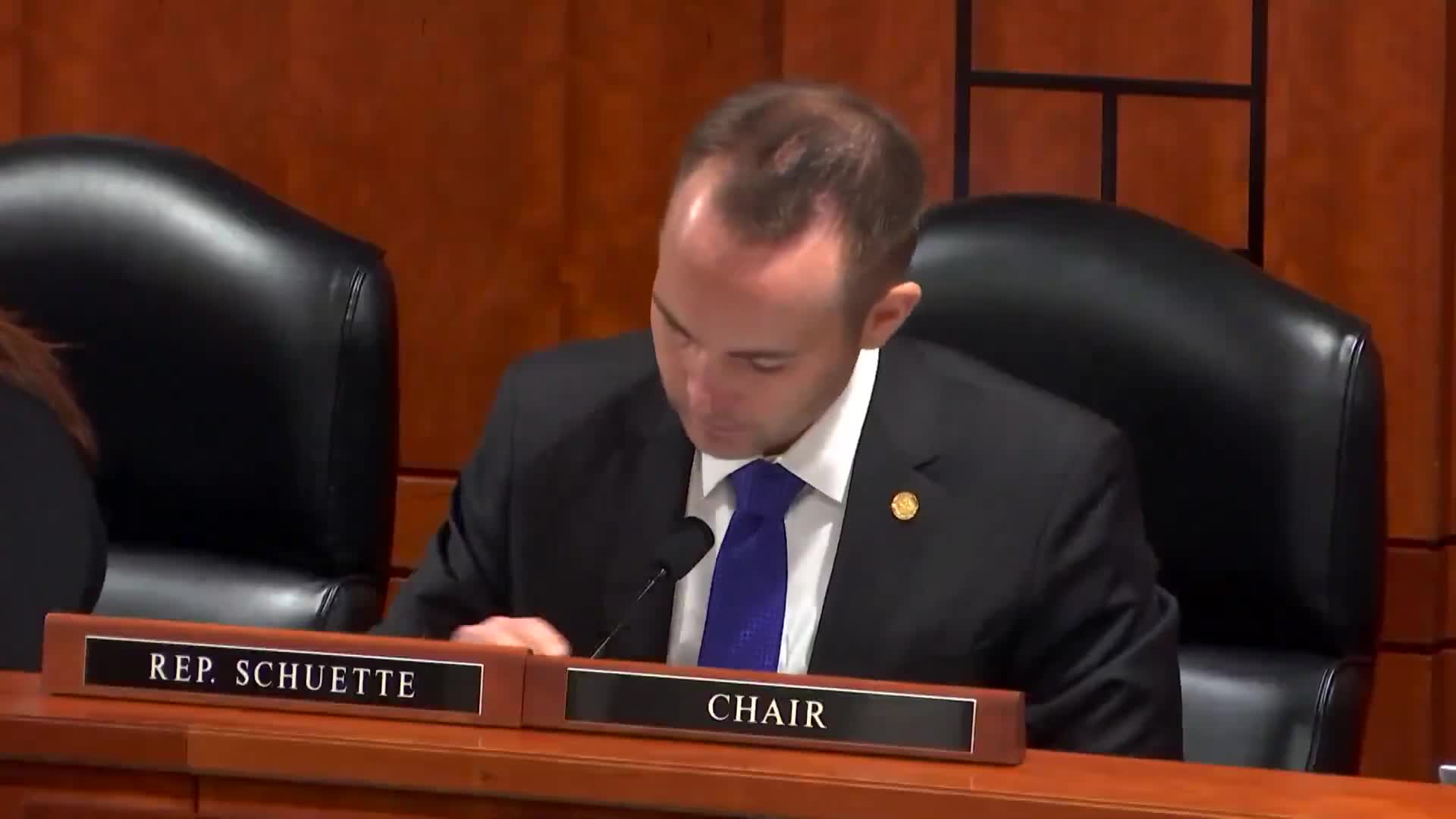Article not found
This article is no longer available. But don't worry—we've gathered other articles that discuss the same topic.

Lawmakers Hear Testimony on Granting Police Powers to Great Lakes Water Authority

Rules Committee Adopts Substitute Letting Department Forgive Fines Under Federal OSHA Adjustment Factors in HB 4017

